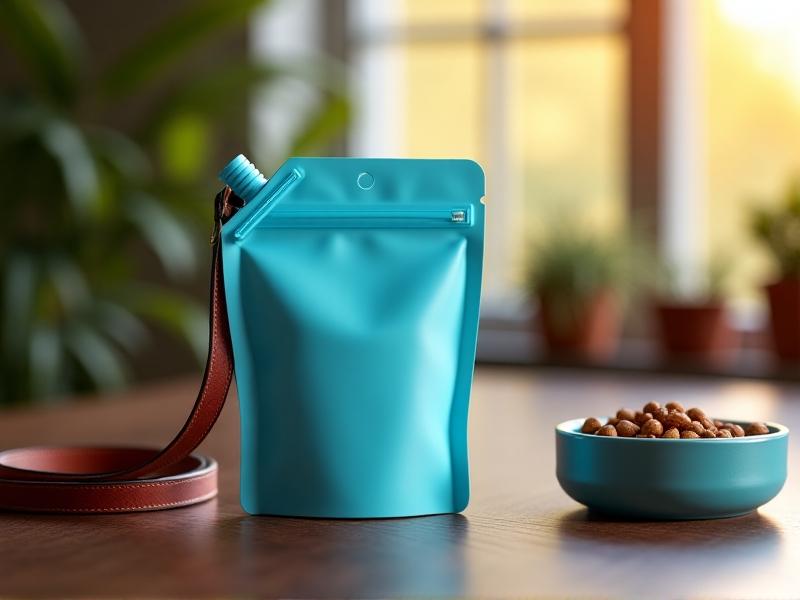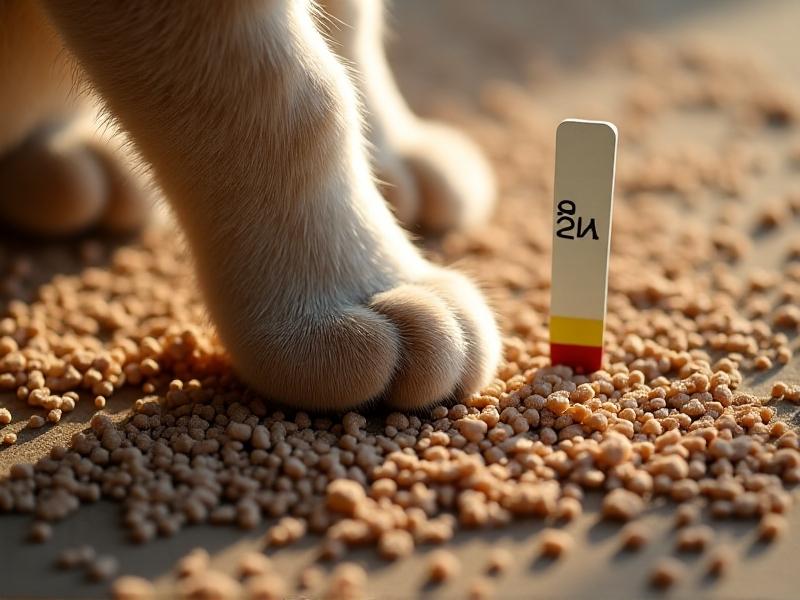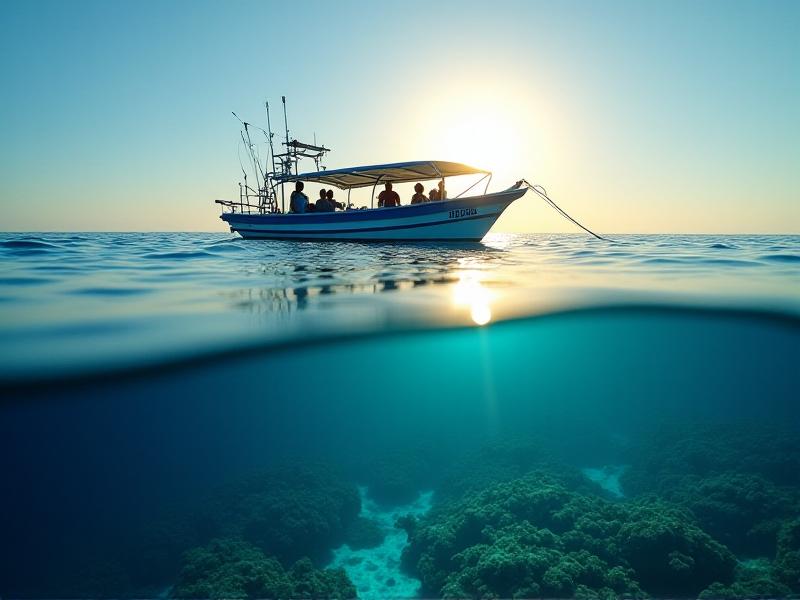Sustainable Saltwater Mixes: Sourcing and Environmental Impact
The Importance of Sustainable Saltwater Mixes in Marine Ecosystems
Sustainable saltwater mixes are crucial for maintaining the health of marine ecosystems, particularly in aquariums and aquaculture. These mixes replicate the natural conditions of the ocean, providing essential minerals and elements for marine life. However, the sourcing of these mixes can have significant environmental impacts, from the extraction of raw materials to the energy-intensive production processes. Understanding the importance of sustainability in this context is vital for reducing the ecological footprint of marine hobbyists and professionals alike.
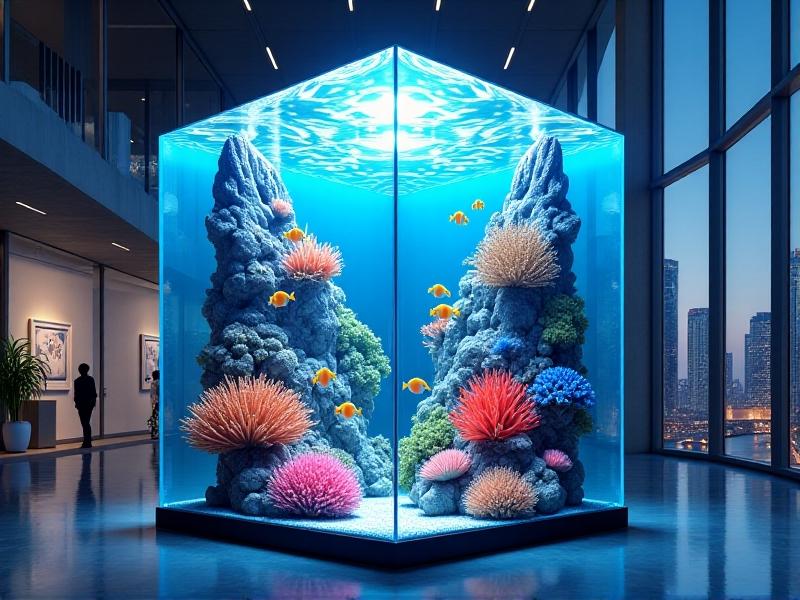
Sourcing Raw Materials: Environmental and Ethical Considerations
The production of saltwater mixes begins with the sourcing of raw materials, primarily sea salt and trace minerals. Traditional methods of salt extraction, such as solar evaporation, can disrupt local ecosystems and deplete natural resources. Ethical sourcing practices, such as using renewable energy and minimizing habitat destruction, are essential for reducing environmental harm. Additionally, ensuring that workers in the salt extraction industry are treated fairly and paid living wages is a critical aspect of ethical sourcing.
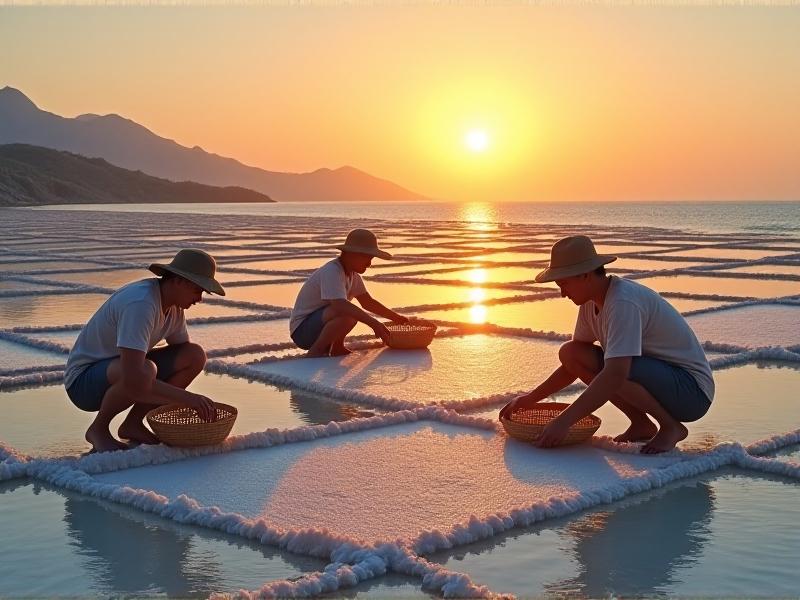
The Role of Renewable Energy in Saltwater Mix Production
The production of saltwater mixes is energy-intensive, often relying on fossil fuels that contribute to greenhouse gas emissions. Transitioning to renewable energy sources, such as solar or wind power, can significantly reduce the carbon footprint of this process. Companies that invest in renewable energy not only contribute to environmental sustainability but also set a positive example for the industry. This shift is essential for creating a more sustainable future for marine ecosystems and the planet as a whole.

Minimizing Waste: Packaging and Distribution Strategies
Packaging and distribution are often overlooked aspects of the environmental impact of saltwater mixes. Excessive plastic packaging and inefficient transportation methods contribute to pollution and carbon emissions. Sustainable packaging solutions, such as biodegradable materials and bulk options, can help minimize waste. Additionally, optimizing distribution routes and using eco-friendly transportation methods can further reduce the environmental impact. These strategies are essential for creating a more sustainable supply chain.
The Impact of Saltwater Mixes on Marine Life
Saltwater mixes play a critical role in the health and well-being of marine life in aquariums and aquaculture. However, improper formulations or contaminants in the mixes can have detrimental effects on marine organisms. Ensuring that saltwater mixes are free from harmful substances and accurately replicate natural seawater conditions is essential for maintaining healthy marine ecosystems. Regular testing and quality control are necessary to prevent negative impacts on marine life.
Innovations in Sustainable Saltwater Mix Technology
Advancements in technology are driving the development of more sustainable saltwater mixes. Innovations such as precision mineral dosing, automated mixing systems, and eco-friendly production methods are transforming the industry. These technologies not only improve the quality of saltwater mixes but also reduce their environmental impact. Embracing these innovations is essential for creating a more sustainable future for marine ecosystems and the hobbyists and professionals who rely on them.
Consumer Awareness and the Demand for Sustainable Products
Consumer awareness plays a crucial role in driving the demand for sustainable saltwater mixes. As more people become aware of the environmental impact of their choices, they are seeking out eco-friendly products. Educating consumers about the importance of sustainability and the benefits of using sustainable saltwater mixes is essential for creating a market shift. Companies that prioritize sustainability and transparency are more likely to gain the trust and loyalty of environmentally conscious consumers.
Collaborative Efforts: Industry, Government, and NGOs
Creating a sustainable future for saltwater mixes requires collaboration between industry stakeholders, government agencies, and non-governmental organizations (NGOs). Industry standards and regulations can help ensure that sustainable practices are adopted across the board. Government incentives and support can encourage companies to invest in sustainable technologies. NGOs play a crucial role in raising awareness and advocating for environmental protection. Together, these collaborative efforts can drive meaningful change in the industry.
The Future of Sustainable Saltwater Mixes: Challenges and Opportunities
The future of sustainable saltwater mixes is filled with both challenges and opportunities. While the industry has made significant strides in adopting sustainable practices, there is still much work to be done. Challenges such as cost barriers, technological limitations, and consumer behavior must be addressed. However, the opportunities for innovation, market growth, and environmental impact are immense. By continuing to prioritize sustainability, the industry can create a positive impact on marine ecosystems and the planet.


